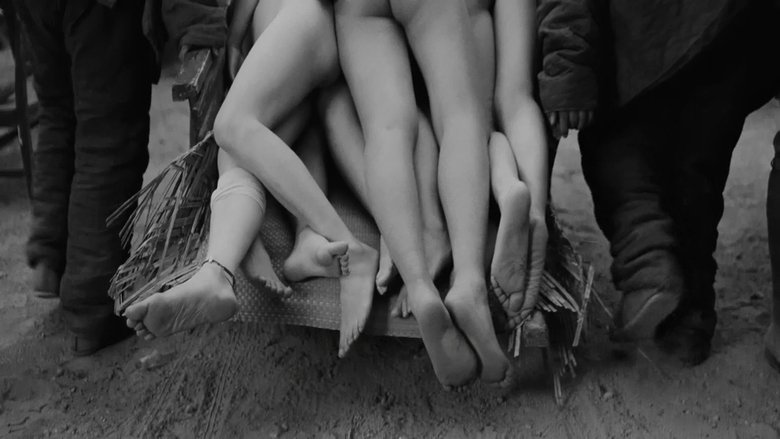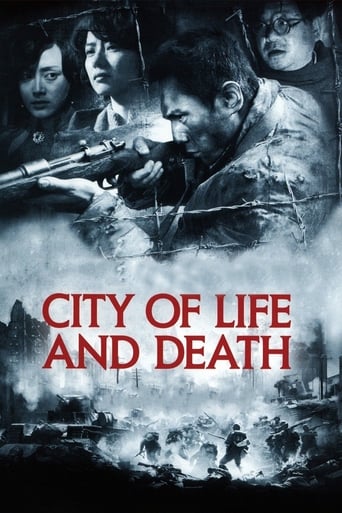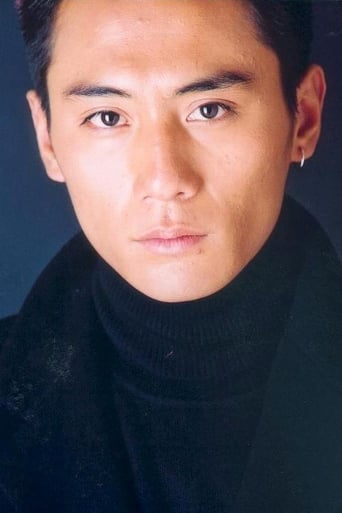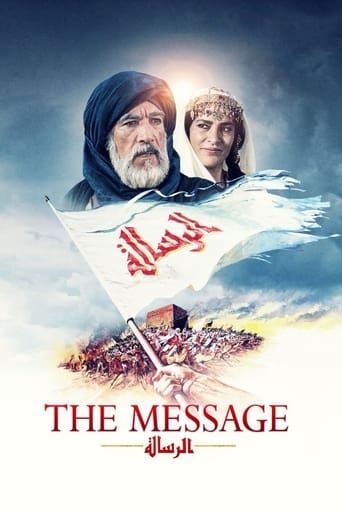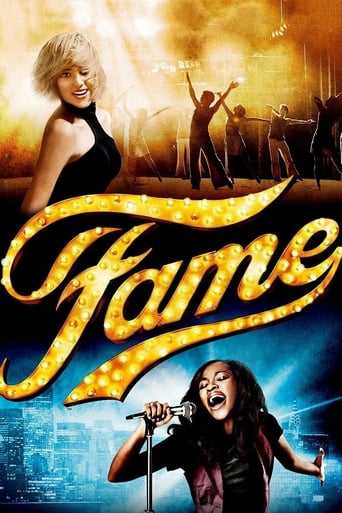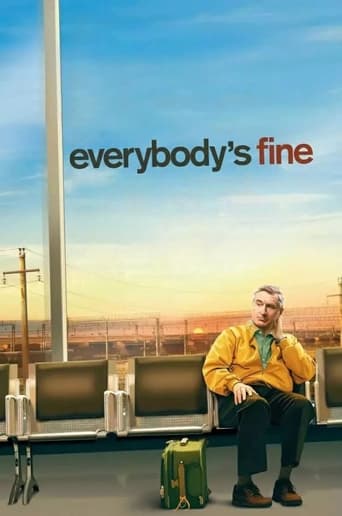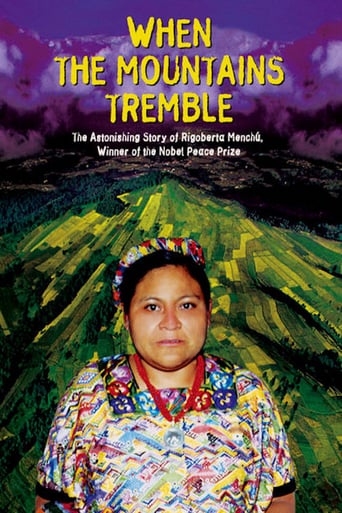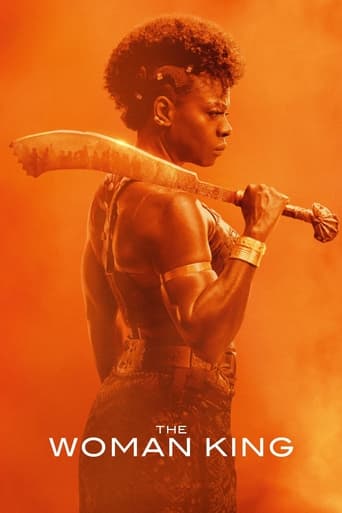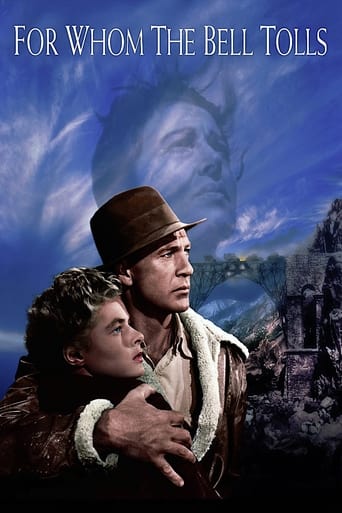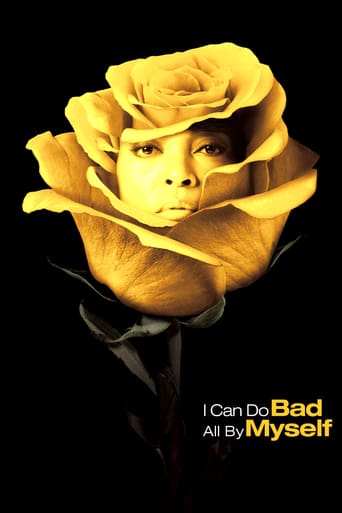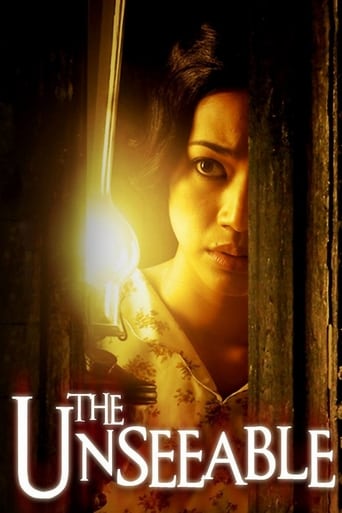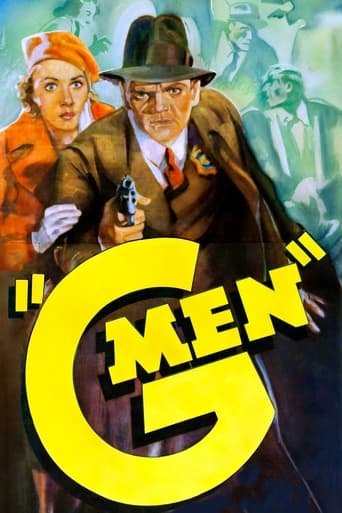City of Life and Death (2009)
In 1937, during the height of the Second Sino-Japanese War, the Imperial Japanese Army has just captured Nanjing, then-capital of the Republic of China. What followed was known as the Nanking Massacre, or the Rape of Nanking, a six week period wherein tens of thousands of Chinese soldiers and civilians were killed.
Watch Trailer
Free Trial Channels
Cast


Similar titles
Reviews
I think this is a new genre that they're all sort of working their way through it and haven't got all the kinks worked out yet but it's a genre that works for me.
Strong acting helps the film overcome an uncertain premise and create characters that hold our attention absolutely.
There is, somehow, an interesting story here, as well as some good acting. There are also some good scenes
An old-fashioned movie made with new-fashioned finesse.
There are so many horrors that people inflict upon the other, lesser, people in this world. Of course, to be able to do those atrocious things, you have to somehow dehumanize them or make them less then yourself. And it seems to work for so many inhabitants of this maddening planet. Average, exhausted person tries to block out all the things that don't fit their small, petty existence. We do not know which countries our leaders bombed in last 20 years. That doesn't make us participants in war crimes, but in the same time not every German or Japanese committed the atrocities on Jews or Chinese. They just averted their gaze from the disturbing or unpleasant. Without the passive onlookers, the monsters would be hiding in the sewers where they belong. Alas, courage is a rare commodity and heroes first scapegoats here and everywhere else .
** The spoilers contained are not really spoilers, just a very brief mention of a couple of scenes**As both a history nerd and a war movie freak, I was rather surprised to discover both a part of history, as well as this movie, and realize that I have hardly heard anything about the rape of Nanking, not by a word mentioned in any history lesson nor school literature in Sweden, where I live. I haven't seen many books about it either, during my years of devouring all literature about WWII and wars in conjunction with it. Sad, but it gave me the more reason to learn about the Sino-Japanese wars. This movie, I guess, was the introduction. The mixed reviews were rather confusing but I chose to go with the general trend, that it was see worthy. It was.Seldom I have been so completely punched down by a Movie, and so utterly engrossed. Everything about this flick just sucks you in, and shakes you up entirely.The black and white execution can, I guess, be a bit different, for watchers not used to old b&w movies, and definitely pretty unusual nowadays. But as I see it, this is one of the most important features of the movie, giving a raw, documentary, and very authentic feel to it. A very smart move by the director, giving the impression that what you are watching, is a piece of naked at-the-scene history. Still, the visual of the movie never loses it's insanely beautiful and powerful cinematography, with every frame In-Your-Face, smashing you like a fist of master photo. The actor portraits are strong, convincing and complex, and lets you feel and wonder, rather than just being fed, evolving and revealing more and more as the story unravels. Some critique Nakaizumi Hideo's rendition of Kadokawa, but I don't get it. IMO he does an amazing job, and makes me believe, and feel, him. Often, western viewers, have a hard time getting used to Asian film, which, according to me, has to do with the fact that western and Asian storytelling and dramaturgy traditionally differ a little bit, which of course is completely natural. In many Asian flicks I think the acting and scripts can feel a bit melodramatic for a western viewer. (Not for me though, as a long time fan of Asian film.) In this movie, however, not a trace of that can be detected. The form of this epic piece of film history, is rather the mellow and minimalistic storytelling of old, classic war drama, like for an example, the excellent Finnish "The unknown soldier" (by Edvin Laine, 1955, about another rather unknown part of WWII - the Finnish wars).The score and sound is also powerful, and adds to the air created, and a couple of scenes are epic, unforgettable, in their perfect harmony of visual, score and emotional strength (the scene with the climb to the top to oversee the field of corpses, and the scene with the ritualistic dance). Scenes that makes one shiver to the core - pure cinematic ecstasy.The story is simple, yet so dense of emotion and complexity, in it's slow pacing leading to a inevitable climax. Never pointing fingers, never glorifying, never picking sides. Just showing the horror of war, naked and raw, never glutting in blood, misery and atrocity, nonetheless giving a deep impact on the Viewer.This movie is NOT overrated by the people calling it a genuine masterpiece, because it IS. A powerful, haunting rendition of a horrific piece of history, with believable portrayals of HUMANS rather than sides. Humans affected by, and changed by, war. Beautifully told in it's awfulness.In a word; fantastic.
The atrocities committed in Nanking, the capital of China, by the Japanese in 1937 and 1938 during the Second Sino-Japanese War is a source of anger and resentment today.All kinds of torture were visited upon the residents, including live burials, mutilation, "death by fire", "death by ice", and "death by dogs". A survivor testifies to a killing contest amongst a group of Japanese soldiers to determine who could kill the fastest. The rape that occurred during the massacre was one of the greatest mass rapes in world history. It is estimated that the number of women raped ranged from 20,000 to as many as 80,000, and women from all classes were raped, including Buddhist nuns. Furthermore, rape occurred in all locations and at all hours, and both very young and very old women were raped. Not even pregnant women were spared. It wasn't limited to women as some men were forced to commit incest—fathers to rape their own daughters, brothers their sisters, sons their mothers.Writer-director Chuan Lu and cinematographer Yu Cao joined to present a film that was stunning and mesmerizing. They say that war is hell, and they were certainly describing what went on here. One does not have to understand a word of Japanese or Chinese to follow what is going on.The pain was more than evident and the horror is indescribable.
This is an important movie. It is a movie that shows the brutality of the Japanese army towards the Chinese people. It is an honest showing of how the Japanese raped, butchered and beat the people of Nanking. Nanking was not the only Asian city the Japanese brutalized people, they did it also in Korea and Vietnam. It is ashame that this movie will not get the recognition that it deserves. Why? Because it is about Chinese people being butchered. This film is the Chinese version of Schindler's List and it is deserving of recognition for it's subject matter. Interesting fact: not one single Japanese soldier/commander was ever hunted down and tried for these war crimes. That should have been just as important as hunting down the Germans for their war crimes. One race is not more important than another.

